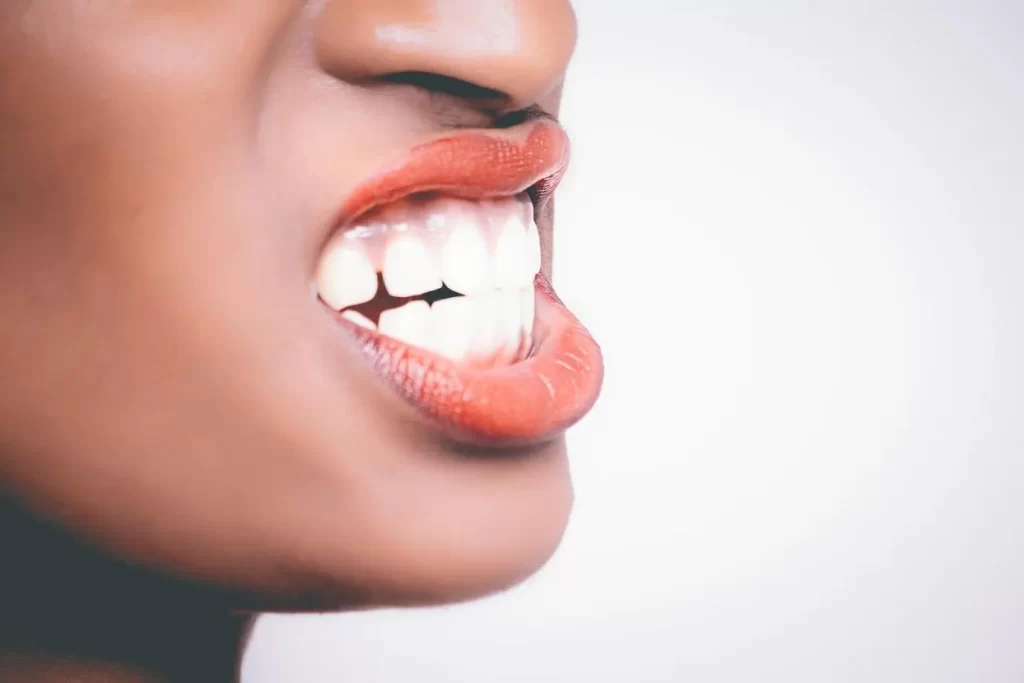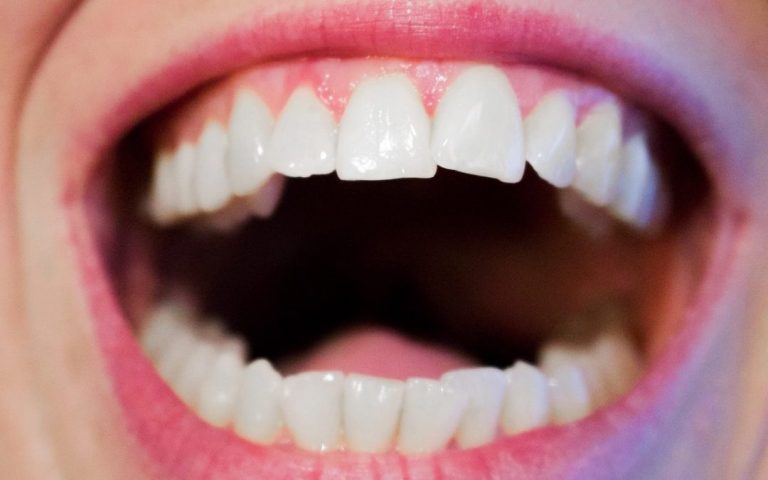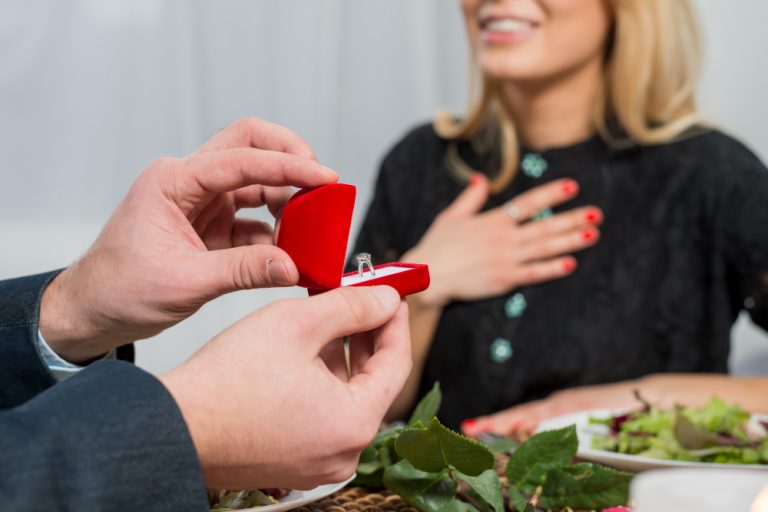Bruxism is a condition that causes repeated clenching and grinding of the teeth. This can lead to tooth wear, pain in the jaw and headaches. Bruxism can affect anyone, but it’s more common in people who have stress or anxiety disorders. If you think that you have bruxism, call your dentist right away!
What is Bruxism?
If you’ve ever woken up with a headache and jaw pain, or if your teeth look like they’ve been through a war, it’s likely that you or someone close to you has bruxism.
Bruxism is the clenching and grinding of teeth. It can occur at any age but is most common in children and teens. Stress, anxiety and lack of sleep are some of the factors that trigger this condition.
How do you know if you have bruxism?
If you’re experiencing any of the following symptoms, it’s important to visit your dentist for an evaluation.
- Jaw pain
- Headaches
- Neck pain and stiffness
- Shoulder pain
Causes and risk factors
Stress is a major factor in many cases of bruxism, though it can also be caused by physical and emotional pain or tension. The condition may worsen if the stress continues over an extended period of time.
Bruxism may be inherited from someone in your family who has suffered from it before, pointing to genetics as a possible cause. If you have a history of this condition yourself, there’s an increased risk that your children will develop it as well (though this doesn’t mean they absolutely will).
Drinking alcohol or smoking cigarettes. These habits tend to relax muscles in the mouth, leading to less clenching even when you’re wide awake—and therefore making it easier for you to grind your teeth at night when you sleep (or anytime else). Both these substances are bad for oral health overall because they can dry out gums and increase plaque buildup on teeth; so if you have bruxism and want to stop grinding your teeth while sleeping, quitting these substances might help reduce symptoms somewhat! You should also consider cutting back on caffeine consumption while trying this method too since it tends not only to make us more jittery but also increases anxiety levels which could also cause more grinding activity without us realising it.
How is bruxism diagnosed?
It’s important to remember that your dentist is your first line of defence when it comes to bruxism. Your dentist may be able to diagnose bruxism based on signs such as worn-down teeth, cracks in the teeth and broken tooth enamel. If you have these signs, your dentist will likely recommend a night guard or splint so that you can wear it during sleep.
If your dentist suspects that you might have a more serious problem, such as sleep apnoea, he or she will refer you to a sleep specialist for further evaluation and treatment.
Treatments for bruxism
If you grind your teeth at night and are tired of dealing with the pain and stress of bruxism, there are treatments that can help. You can try these remedies:
A mouth guard: A mouth guard may be used in conjunction with other treatments if the symptoms of bruxism do not go away with those on their own. This device is designed to protect your teeth from grinding during sleep by covering them up and preventing contact between them.
A night guard: Also known as an occlusal splint or bite plate, a night guard is typically worn during sleep to prevent grinding and clenching that occurs during deep stages of sleep. It’s made out of acrylic material so it doesn’t interfere with breathing or swallowing while wearing it and should be worn for several months at least until symptoms have gone away completely. For people that need a remedy to bruxism MYMOFO night guards are a great solution.
Home remedies for bruxism
There are several methods you can try to treat bruxism, and some may be more effective than others. A good place to start is with a mouth guard, which serves as a protective barrier between your teeth and gums while you sleep. These are available over the counter at most drugstores and online retailers; they usually come in small, medium, large, or extra-large sizes so it’s important to measure your mouth before buying one if possible (you can find instructions on how to measure here).
If these options don’t work for you or if you’d like something more durable than an over-the-counter product but aren’t sure about investing in a custom solution yet, consider trying night guards instead—these devices cover your upper teeth while you’re sleeping so that no grinding takes place against them during those hours when it would be most harmful. They’re typically made of plastic or hard rubber materials but some models include softer silicone liners for added comfort; depending on which type is right for your needs (and budget), they’ll either need refitting every six months or could last indefinitely without any adjustments needed until after significant dental work is done on them (or sometimes even longer!).
Call your dentist if you think that you have bruxism
You should see a dentist if you think you have bruxism. A dentist can help you with treatment and advise you on how to find a good dental professional.
To find the best dentist in your area, use the Internet to search for “dentists” in your neighbourhood or city and then narrow down your list by location and price range. Some dentists may offer free consultations where they’ll look at your teeth, let you know what treatments are necessary, and give estimates for those treatments (if any). If possible, ask friends or family members who live in the area for their recommendations; this will save time and energy spent driving around town and visiting different offices until someone takes an interest in treating your condition.
In summary
If you think that you may have bruxism, it’s best to see a dentist right away. They can assess your symptoms and help determine if there is a problem. Your dentist can also recommend treatment options, such as a mouth guard or night guard.




